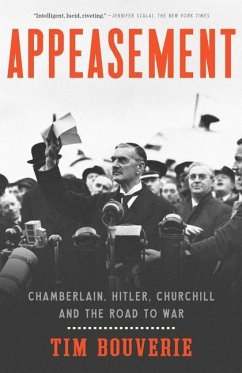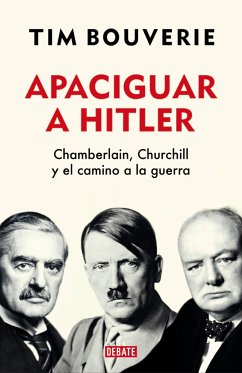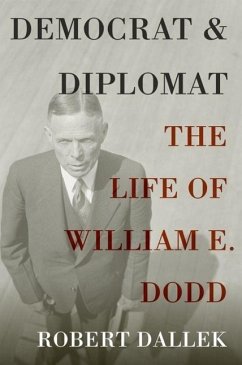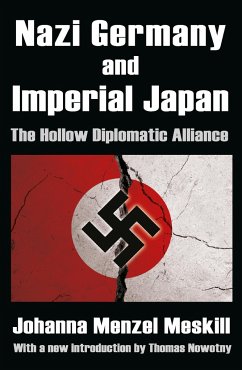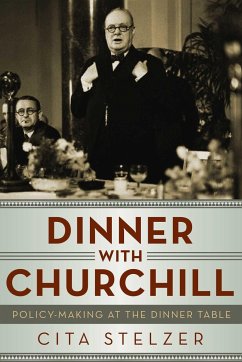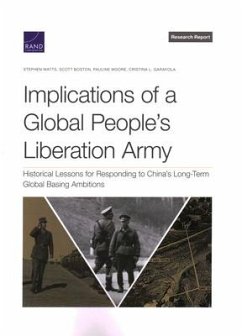
Appeasement
The Strategy That Let Hitler March

PAYBACK Punkte
14 °P sammeln!
In a decade taught to fear the next war more than the last mistake, leaders chose delay, and a continent paid the price. This book reveals how appeasement became common sense-how budgets, ballots, and democratic decision making in crisis turned caution into a creed while an adversary learned to press. Through gripping narrative and clear analysis, it asks the question readers still argue today: could Hitler be stopped earlier, and what does "earlier" really mean? Moving from the Rhineland to the Munich Agreement, it shows where prudence became surrender and where failure of deterrence was not ...
In a decade taught to fear the next war more than the last mistake, leaders chose delay, and a continent paid the price. This book reveals how appeasement became common sense-how budgets, ballots, and democratic decision making in crisis turned caution into a creed while an adversary learned to press. Through gripping narrative and clear analysis, it asks the question readers still argue today: could Hitler be stopped earlier, and what does "earlier" really mean? Moving from the Rhineland to the Munich Agreement, it shows where prudence became surrender and where failure of deterrence was not inevitable. If you care about Europe's fate, policy under pressure, or the anatomy of statecraft, this is for you. It explains why interwar diplomacy looked rational to its authors, what Czechoslovakia lost when theory met force, and how small concessions to inevitability become large maps redrawn. You will learn a practical lens for judging concessions, red lines, and credibility-the hard lessons of appeasement without slogans. - Understand how fear of bombing, fiscal orthodoxy, and coalition politics shaped choices - Re-evaluate 1936 and 1938 with data on force, logistics, and alliance signals - Apply a simple checklist to separate buying time from buying illusion By the end, the lessons of appeasement are concrete, not rhetorical. You will see the prelude to World War II with fresh clarity-and recognise today's crises faster, before the window for deterrence quietly closes.



